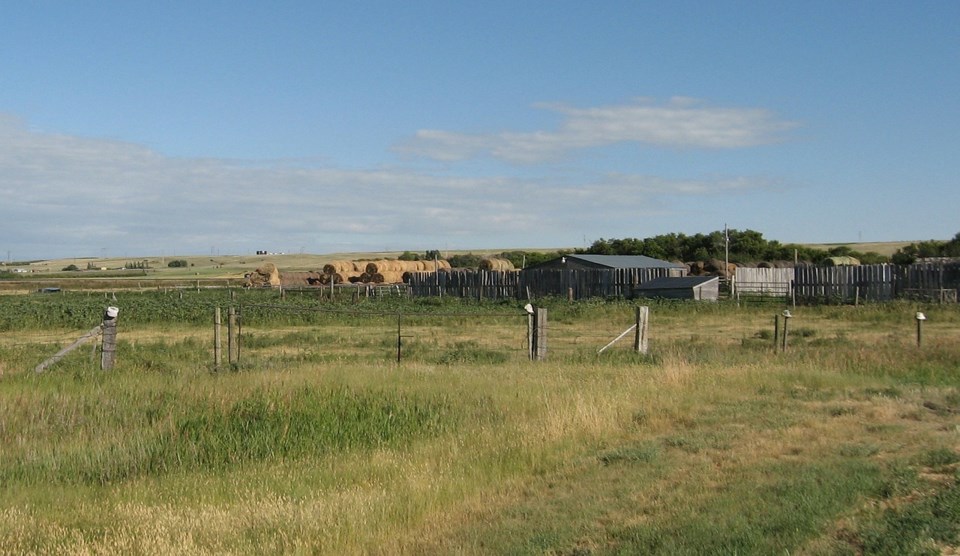A $252-million federal aid package aimed at the agriculture industry is not enough, said a group of farming and ranching organizations.
The Canadian Federation of Agriculture, Canadian Cattlemen’s Association, the National Cattle Feeders' Association and the Canadian Pork Council held a joint media conference on May 5.
They said that while they are thankful for some help, it falls far short of the $2.6 billion emergency fund requested by the Canadian Federation of Agriculture.
“We look forward to more solutions but right now the solution given to us would resemble a cup of water to look after a house that's burning down,” said Rick Bergman, chair of the Canadian Pork Council.
Prime Minister Justin Trudeau said the $252 million is only an initial effort and he expects funding to increase as needed.
The aid includes $125 million to help beef and pork producers to keep more animals on their land as processing plants are backed up, $77 million to improve workers' safety at processing plants and $50 million to purchase surplus food.
Mary Robinson, president of the Canadian Federation of Agriculture, said farmers are making decisions on what they should plant now.
The federation is concerned that the government’s decision to use business risk management programs like AgriStability before rolling out additional funds will result in help coming too late, resulting in major effects to domestic food production.
“With such huge uncertainty in our sector and lack of a firm financial backstop, in essence we are asking our farmers to put themselves and their farms at risk to grow food for Canada,” she said. “Many farmers are facing the reality that these risks are too great and are having to modify their food production plans.”
Bob Lowe, president of the Canadian Cattlemen’s Association, said they appreciate the $77.5 million for the processing sector.
“That's where a lot of the money is needed to get them up and running,” he said.
Due to COVID-19 outbreaks and slowdowns due to restrictions, Canada’s cattle processing plants are running 35 to 40 per cent below normal, causing a backlog of 5,000 to 6,000 animals per day. The cost per head has gone down around by $450 to $500 each.
Bergman said without emergency aid for Canadian pork producers, family farms will continue to be threatened and food supplies might tighten for Canadians.
“We're fighting hard not to lose what we have today.”
He said that in Western Canada, producers of early weaned pigs are struggling to find buyers for their animals.
“I know my personal farm, we had to give them away a few weeks and that, I can tell you, is no fun,” he said.
“Some producers have already had to dispose of their pigs, which will happen at a much greater scale if further action isn't taken and if we don't get help.”



